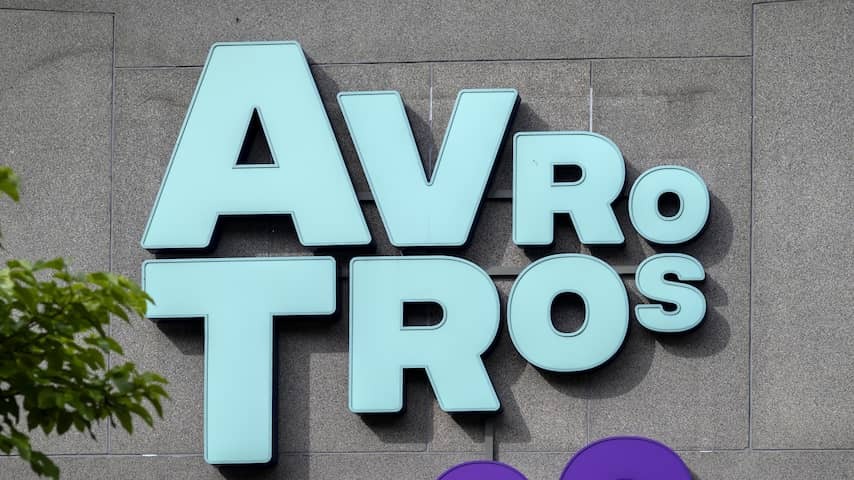
Should AVROTROS grant the Commissariaat voor de Media (CvdM), the Dutch Media Authority, access to two confidential research reports concerning, among other things, a socially safe working environment? The Utrecht court will decide on this today. The broadcaster calls it a “matter of principle to protect employees.”
AVROTROS refuses to grant access to the research reports, which the Media Authority is not happy about. “Several colleagues contributed to the reports on the condition that their input remains confidential,” the press release stated when the broadcaster announced it had filed a lawsuit against the CvdM. “This agreement and this trust are essential for us; without that trust, there is no conversation.”
The Media Authority argues that access to the research reports is necessary to assess the plan of action that AVROTROS drew up in response to the findings of the Van Rijn committee. In February 2024, the committee presented a report which revealed, among other things, that cross-border behavior is widespread at the national public broadcaster. Following that report, the various broadcasters began working on plans to implement improvements within their own organizations.
The Supervisory Board of AVROTROS commissioned two independent and externally conducted studies. The studies focused on social safety within the organization and the so-called governance within the broadcasting association. That is, the way in which an organization is organized and managed.
A spokesperson for AVROTROS tells NU.nl that the broadcaster doubts whether access to the two research reports is necessary to assess the plan of action. “We have submitted our plan of action, which also includes the recommendations from the two research reports.” But the Media Authority wants to see the full reports, including the transcripts of the conversations with employees of the broadcaster.
Task of the Media Authority
The Media Authority oversees, among other things, behavior and culture within media institutions. Firstly, because insight into behavior and culture is relevant for monitoring the implementation of the public media mission. Secondly, because the Media Authority has a legal mandate to oversee a number of specific behavior- and culture-related standards.
Supervision of behavior and culture includes social safety and/or cross-border behavior, but also aspects such as decision-making, communication, and the tone from the supervisory and management boards.
‘Research reports cannot be anonymized’
AVROTROS has agreed with the employees that the conversations will remain confidential and is now invoking that agreement. “We have made the agreement that the reports will not fall into other hands and we think it is important to keep that agreement,” says the spokesperson. “If we hand it over, we have no control over where it might end up.”
The Media Authority does not want to answer NU.nl’s questions and refers to a press release. In it, the supervisor states that it is aware of the concerns “about the protection of the employees” of AVROTROS and emphasizes that “all information is treated confidentially and carefully.” For example, the Media Authority has offered the broadcaster the opportunity to submit the reports anonymously. But AVROTROS also refuses to do that.
“It’s about experiences and situations. If an employee makes statements about a manager and what that person said in a particular program, it can be traced back,” says the spokesperson. “The reports cannot be anonymized by removing a name or function.”
AVROTROS calls the Media Authority’s attitude “incomprehensible.” “It undermines the basis on which people feel safe to report abuses and directly affects the integrity of the internal working climate.” According to the broadcaster, the “matter of principle” lawsuit is appreciated by employees. “We are receiving signals that our people are happy that we are maintaining this position and standing our ground.”